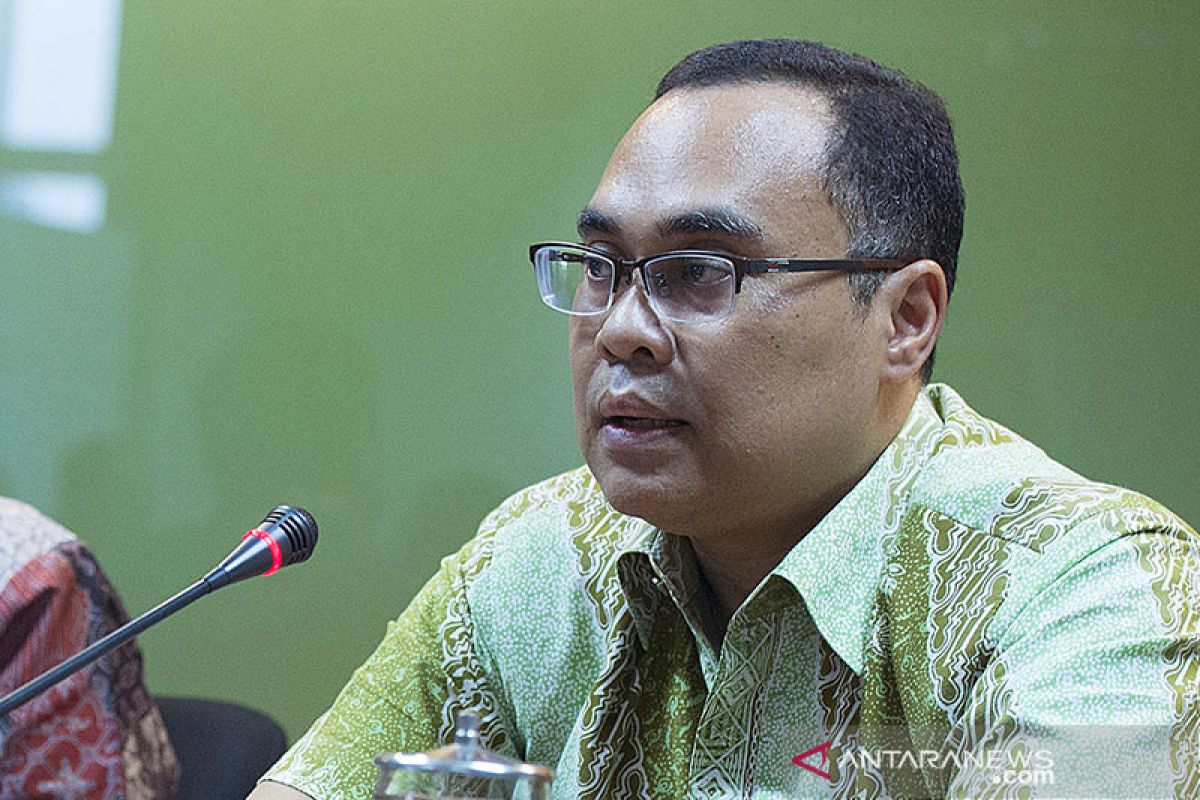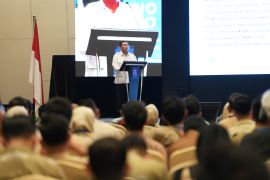The first is that the plan to build nuclear-powered submarine potentially violates the Non-Proliferation Treaty (NPT)Jakarta (ANTARA) - University of Indonesia's (UI's) International Law Professor Hikmahanto Juwana enunciated various steps that Indonesia can take to express its opposition to Australia's plan to build nuclear-powered submarine.
One of the steps entails requesting the ASEAN to hold a special hearing in order to oppose the plan.
"The result of this hearing should then be conveyed," Juwana noted in a written statement here on Tuesday.
The second measure is to approach China since the country, as the United States' rival, also opposes Australia's plan.
"In this issue, Indonesia has the same policy as China," he explained.
It is believed that the US will not take too kindly to Indonesia allying with China and will then put a stop to Australia's plan to build nuclear-powered submarine, he elaborated.
The last step is for Indonesia to approach France that strongly opposes the plan by the US, Britain, and Australia, he noted.
He believes that Indonesia can encourage France to bring up this issue during the UN Security Council's hearing.
Juwana highlighted three reasons behind Indonesia opposing the plan to build nuclear-powered submarine.
"The first is that the plan to build nuclear-powered submarine potentially violates the Non-Proliferation Treaty (NPT)," he pointed out.
NPT is an international treaty that prevents the spread of nuclear weapons and weapons technology and its knowledge from countries owning them to those that do not.
The US is a country that owns nuclear weapons and its knowledge, whereas Australia does not, according to Juwana.
The second reason to express opposition to the plan to create nuclear-powered submarine by Australia is that it can potentially trigger an arms race in the Indo-Pacific region.
Juwana stressed that China will not stay mum amid this geo-political development.
Lastly, the plan to build nuclear-powered submarine can threaten peace and stability in the Indo-Pacific region, he emphasized.
"If an open war breaks out, then the use of nuclear weapons in the region will be unavoidable," he stated.
Related news: Iran praises Indonesia's stand on nuclear deal
Related news: Nuclear energy supplements nation's power supply: Research Agency
Related news: Batan's nuclear solution to plastic pollution
Translator: Azis Kurmala, Fadhli Ruhman
Editor: Sri Haryati
Copyright © ANTARA 2021












